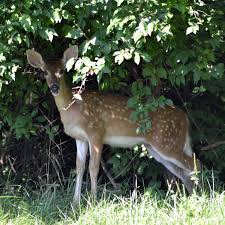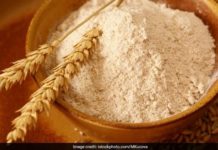Web Desk
The COVID-19 pandemic is mostly driven by human-to-human transmission. Wildlife does not play a significant role in the spread of SARS-CoV-2 in humans, but spread in animal populations can affect the health of these populations and may facilitate the emergence of new virus variants that may later infect human beings, warned UN agencies,FAO and WHO on Monday.
“In addition to domestic animals, free-ranging, captive or farmed wild animals such as big cats, minks, ferrets, North American white-tailed deer and great apes have thus far been observed to be infected with SARS-CoV-2,” the statement added.
To date, farmed mink and pet hamsters have been shown to be capable of infecting humans with the SARS-CoV-2 virus and a potential case of transmission between white-tailed deer and a human is currently under review.
The introduction of SARS-CoV-2 to wildlife could result in the establishment of animal reservoirs. For example, it has been reported that, approximately one-third of wild white-tailed deer in the United States of America have been infected with SARS-CoV-2, initially via several human-to-deer transmission events. The SARS-CoV-2 lineages detected in white-tailed deer have also been circulating in close-by human populations. White-tailed deer have been shown to shed virus and transmit it between each other.
The UN agencies called on all the countries to take steps to reduce the risk of SARS-CoV-2 transmission between humans and wildlife with the aim of reducing the risk of variant emergence and for protecting both humans and wildlife. We urge authorities to adopt relevant regulations and disseminate previously released They recommended that people working in close contact with or handling wildlife, including hunters and butchers; and (2) the public should be trained to implement measures that reduce the risk of transmission between people and between people and animals.















